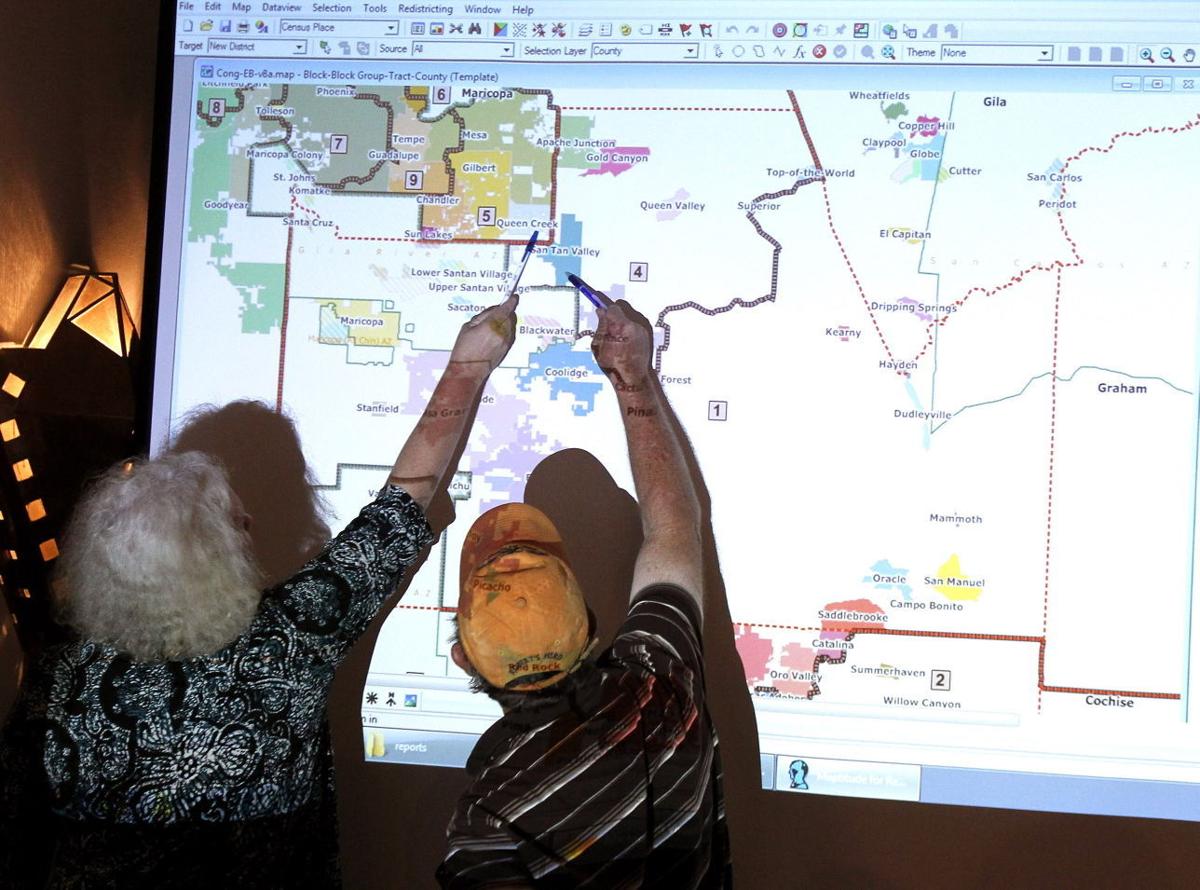PHOENIX — A House panel approved a change in the redistricting process that, if ratified by voters, could have the lines for future legislative and congressional elections drawn only by Republicans.
The 4-2 vote by the Elections Committee would keep the Independent Redistricting Commission that voters created in 2000 to wrest control of the process from the Legislature. Proponents say it would help remove the politics from the decennial process.
But HCR 2009 takes the chore of appointing its members from legislators from each of the two major parties and instead has commissioners running for office like any other politician. Rep. Ken Clark, D-Phoenix, said that, given the GOP voter registration edge, it is virtually certain to produce a commission of five Republicans.
Potentially more significant, the measure would remove restrictions that now exist on who can serve. Clark said that would allow candidates and even registered lobbyists to create legislative and congressional districts.
Rep. Warren Petersen, R-Gilbert, did not dispute any of those contentions. But he insisted that a directly elected commission would be more accountable.
And Rep. J.D. Mesnard, R-Chandler, was undeterred by the prospect of having the lines for legislative and congressional districts once again drawn by a partisan group.
“You can’t remove the politics,” he said. “It is impossible.”
Until 2000, the Legislature was in charge of creating congressional and legislative districts. That usually resulted in the party in power crafting districts designed to benefit its candidates.
That year, voters created the Independent Redistricting Commission. Democrat and Republican party leaders each choose two members, and select a fifth person who is a political independent to chair the panel.
The GOP majority in the Legislature did not object after the elections following the 2000 census leaned toward Republicans. But all that changed after the 2010 census, when Colleen Mathis, the independent chair, sided with Democrats to craft lines that Republicans said were unfair.
A vote by the Legislature to remove Mathis as being derelict in her duty was slapped down by the Arizona Supreme Court.
The U.S. Supreme Court last year rejected a challenge to the ability of the commission to draw congressional lines. And that court is now weighing a separate claim that the commission illegally drew legislative lines favoring Democrats, a claim previously rejected by a panel of three federal judges.
Petersen said this would be a better system.
“It’s a matter of restoring integrity to the redistricting commission,” he said. Petersen said candidates would have to convince voters they would follow the constitutional guidelines for drawing districts, including keeping communities of interest together.
But Clark said all it would do is effectively return Arizona to the system that existed in 2000, allowing the majority party to further cement its power.





